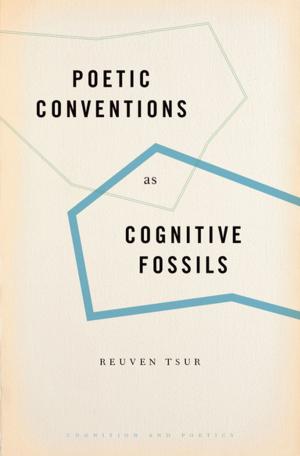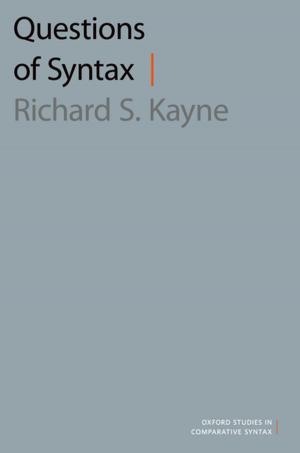Freedom and Reflection
Hegel and the Logic of Agency
Nonfiction, Religion & Spirituality, Philosophy, History, Criticism, & Surveys| Author: | Christopher Yeomans | ISBN: | 9780190208691 |
| Publisher: | Oxford University Press | Publication: | December 14, 2011 |
| Imprint: | Oxford University Press | Language: | English |
| Author: | Christopher Yeomans |
| ISBN: | 9780190208691 |
| Publisher: | Oxford University Press |
| Publication: | December 14, 2011 |
| Imprint: | Oxford University Press |
| Language: | English |
There are many insightful discussions of Hegel's practical philosophy that emphasize the uniqueness of his expressivist and social theory of agency, but few recognize that these two aspects of Hegel's theory of the will are insufficient to avoid the traditional problem of free will. In fact, the problem can easily be shown to recur in the very language used to express why Hegel's theory is a theory of freedom at all. In part, this lack of recognition results from the fact that there has not yet been a study of Hegel's theory of the will that has formulated the problem against the background of the contemporary literature on free will, where basic concerns about the explicability of action loom large. By using the continuity between the contemporary concerns and those of Hegel's predecessors (particularly Kant), Yeomans shows the necessity of reference to the Logic in order to supplement Hegel's own practical philosophy and the scholarship based on it. In addition to adding significantly to our understanding of Hegel's theory of agency and recapturing its significance with respect to continuing modern reflection on free will, this study also shows that Hegel's Logic can do some real philosophical work on a specific problem. Though Hegel's logical terminology is notorious for its impenetrability, Yeomans translates Hegel's jargon into a more easily comprehensible vocabulary. He further helps the reader by providing introductory discussions framing the central issues of each chapter both in terms of the problem of free will and in terms of the development of Hegel's argument to that point in the Logic. Presenting the reader with frequent use of examples, Yeomans leavens the abstractness of Hegel's presentation and makes the topic accessible to readers new to Hegel as well as those well versed in his work.
There are many insightful discussions of Hegel's practical philosophy that emphasize the uniqueness of his expressivist and social theory of agency, but few recognize that these two aspects of Hegel's theory of the will are insufficient to avoid the traditional problem of free will. In fact, the problem can easily be shown to recur in the very language used to express why Hegel's theory is a theory of freedom at all. In part, this lack of recognition results from the fact that there has not yet been a study of Hegel's theory of the will that has formulated the problem against the background of the contemporary literature on free will, where basic concerns about the explicability of action loom large. By using the continuity between the contemporary concerns and those of Hegel's predecessors (particularly Kant), Yeomans shows the necessity of reference to the Logic in order to supplement Hegel's own practical philosophy and the scholarship based on it. In addition to adding significantly to our understanding of Hegel's theory of agency and recapturing its significance with respect to continuing modern reflection on free will, this study also shows that Hegel's Logic can do some real philosophical work on a specific problem. Though Hegel's logical terminology is notorious for its impenetrability, Yeomans translates Hegel's jargon into a more easily comprehensible vocabulary. He further helps the reader by providing introductory discussions framing the central issues of each chapter both in terms of the problem of free will and in terms of the development of Hegel's argument to that point in the Logic. Presenting the reader with frequent use of examples, Yeomans leavens the abstractness of Hegel's presentation and makes the topic accessible to readers new to Hegel as well as those well versed in his work.















